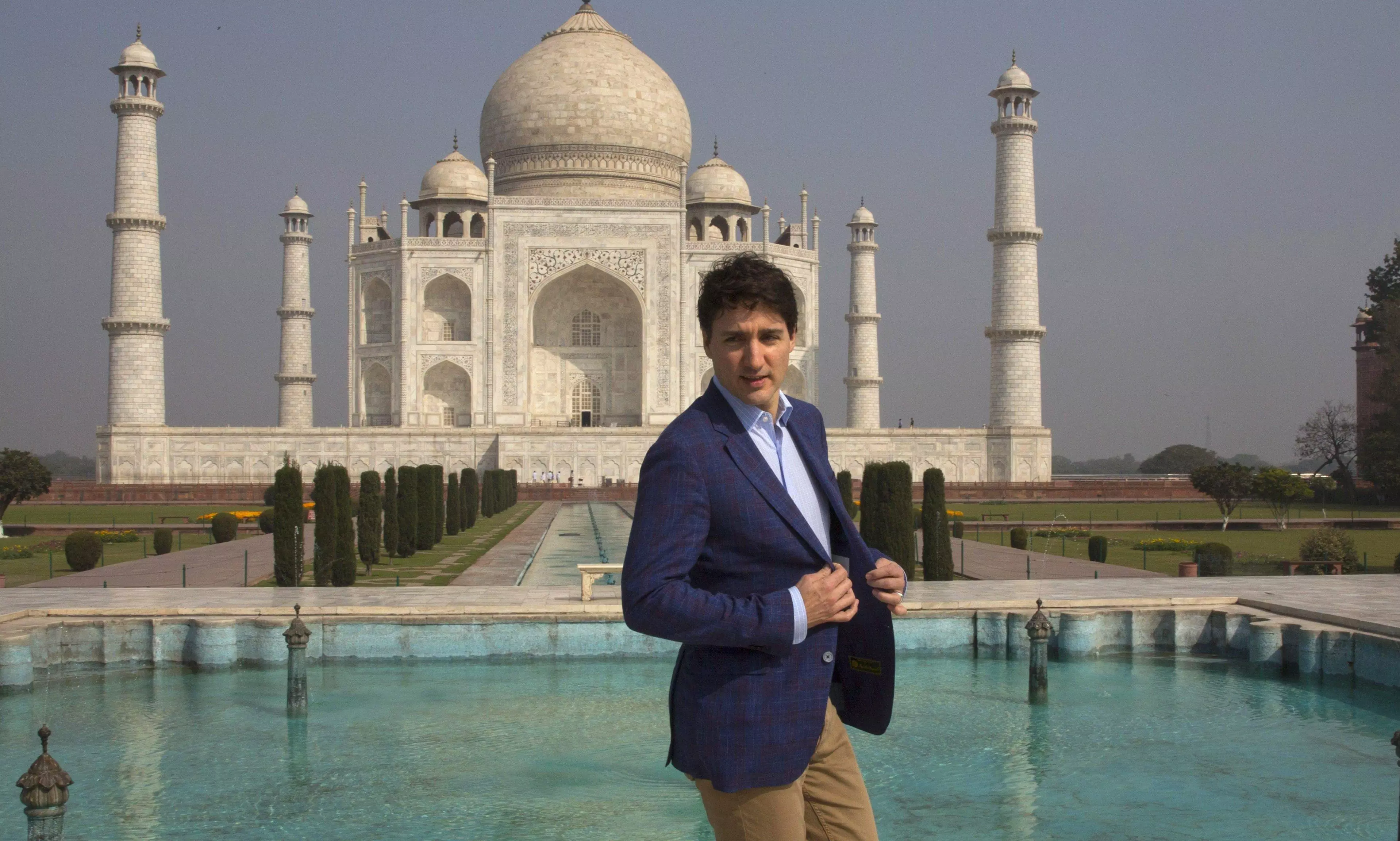
- Home
- India
- World
- Premium
- THE FEDERAL SPECIAL
- Analysis
- States
- Perspective
- Videos
- Sports
- Education
- Entertainment
- Elections
- Features
- Health
- Business
- Series
- In memoriam: Sheikh Mujibur Rahman
- Bishnoi's Men
- NEET TANGLE
- Economy Series
- Earth Day
- Kashmir’s Frozen Turbulence
- India@75
- The legend of Ramjanmabhoomi
- Liberalisation@30
- How to tame a dragon
- Celebrating biodiversity
- Farm Matters
- 50 days of solitude
- Bringing Migrants Home
- Budget 2020
- Jharkhand Votes
- The Federal Investigates
- The Federal Impact
- Vanishing Sand
- Gandhi @ 150
- Andhra Today
- Field report
- Operation Gulmarg
- Pandemic @1 Mn in India
- The Federal Year-End
- The Zero Year
- Science
- Brand studio
- Newsletter
- Elections 2024
- Events
- Home
- IndiaIndia
- World
- Analysis
- StatesStates
- PerspectivePerspective
- VideosVideos
- Sports
- Education
- Entertainment
- ElectionsElections
- Features
- Health
- BusinessBusiness
- Premium
- Loading...
Premium - Events

Canada might not be a very large country, but it has been broadly supportive of Independent India’s development
All those that take the sword shall perish by the sword. Good Christians recognise this as a saying of Christ. All sensible people, Christian or otherwise, recognise the validity of the aphorism.
Hardeep Singh Nijjar, living in faraway Canada, sought to revive terror in India, in support of a separatist cause that has minuscule popular support. And he met with a violent end. The matter should end there. India and Canada should not enter into any protracted diplomatic wrangling over his death and the Canadian government’s accusation of the Indian government for his death.
Deaths are sad events, at some level or the other – rare would be the man at whose death there is no woman to shed a tear, a mother, a sister or a lover, to paraphrase a line from Crime and Punishment. But death is also commonplace.
The Bond example
When James Bond, a fictional British secret service agent, does what he is licensed to do, the world applauds him. He kills only very bad people, of course, and only for queen and country. He commits his acts of violence on foreign soil, often without the knowledge, leave alone permission, of the local government. But the mess of broken laws, rules and diplomatic niceties his acts of execution leave behind do not bother him, or his fawning admirers – the moral high ground from which he observes the debris is far above the fray.
James Bond has countless imitators in western popular culture. These would-be clones have their fans and admirers, too.
But then, James Bond is fiction, verging on modern myth. Myths have the fascinating characteristic of both illuminating reality and obscuring it. The reality that James Bond illuminates is that states are obliged to do things, in some circumstances, that are at odds with the accepted norms of civilised conduct — sometimes, on territory that is not theirs. History alone can pass verdict on how justified these actions were, and then, too, not with total moral clarity. The necks severed by the guillotine marked savage violence on the individuals whose heads dropped and rolled on the ground, sometimes spilling innocent blood, but then, the French Revolution ended feudal oppression in that country, and paved the way for the advance of industry and human welfare, in France and elsewhere.
When local laws are violated, the incumbent government has a right and the duty to protest. When the victim of a killing is a member of a numerically large community of voters, the leader of the government has to make the right noises, in order not to give the impression that what happens to a member of a minority community is of little significance to the government. Canadian Prime Minister Trudeau’s conduct should be viewed in this perspective.
Ridiculous hysteria
It is ridiculous for Indian media to whip up anti-Canadian hysteria over Nijjar. Canada might not be a very large country, but let us remember that Canada has been broadly supportive of Independent India’s development. The pressurised heavy water nuclear reactors that India has developed and evolved were originally of Canadian design, handed over to India in a spirit of cooperation. The spent fuel from the CIRUS (Canada-India Reactor Utility Services) reactor yielded the plutonium that India used for its first nuclear test in 1974, and yet more plutonium for India’s nuclear arsenal. It would reflect ignorance and ingratitude for India’s talking heads and pen-pushers of convenience to bash Canada for a deemed slight to India. Canada has contributed to India’s national power in a way only a few other countries have.
Yes, Canadian politics has developed a culture of tolerating dissidence in other countries. This is not a bad thing in its entirety. If a dissident from the Ayatollahs’ Iran is given refuge in Canada, who would want to complain? Sri Lankan Tamils could well have been annihilated as a political force but for the support that resistance to Sinhala chauvinism received from Sri Lankan Tamils settled in Canada.
But there is a fine line between a culture of tolerating in the domestic population political dissidence in distant lands and hosting the plotting of violent extremism in friendly countries. Canada has not been very good at identifying when people cross the line – 329 passengers on Kanishka, the Air India plane that took off from Montreal, heading for Bombay, on June 23, 1985 could have testified to that, if they had not been blown to smithereens while in the air over the Atlantic Ocean.
Canada can be accused of ineptitude in preventing domestic political ferment from blowing the top elsewhere in the world, and Justin Trudeau, of letting domestic political sensibilities dominate his obligations of good global citizenship. But let us not accuse Canada or its leadership of ill-will towards India.
(TK Arun is a senior journalist based in New Delhi.)
(The Federal seeks to present views and opinions from all sides of the spectrum. The information, ideas or opinions in the articles are of the author and do not necessarily reflect the views of The Federal.)


